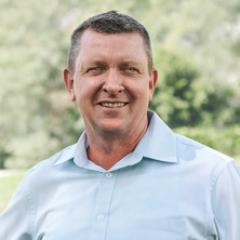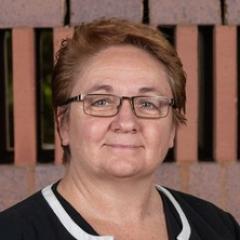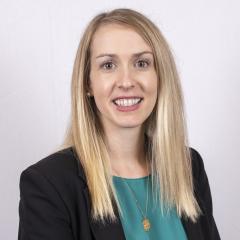For many people living in remote areas, the idea of leaving home and travelling to the city is an expensive and scary prospect. Increased financial pressures from unintended travel costs and loss of income, mixed with fears of the unknown can be very real barriers to treatment and prevent people from receiving the proper healthcare they need. Research shows that Australians living in rural and remote communities experience higher rates of disease and a lower life expectancy than those in urban areas.
Telehealth aims to bridge this gap by providing the same specialist health services via telephone or video conference, removing the need for locals to travel from remote communities to the city. These specialist services are provided at the same high quality that would typically be found in a major tertiary hospital.
Our research seeks to understand how different models of care integrate with Indigenous communities, and the role telehealth can play across various remote settings. The DREAMT project (Dementia, Regional and remote, Empowering, Aboriginal and Torres Strait, Medicine and Telemedicine and telehealth) aims to improve choice and access to dementia care services for Aboriginal and Torres Strait Islander peoples living in rural and remote areas.
The DREAMT project looks at issues and its clinical effectiveness from multiple perspectives to ensure it meets the true needs of the communities it serves. Funding for DREAMT is provided by the Australian Government’s Department of Health, Dementia and Aged Care Services (DACS) fund, and the economic and organisational aspects of the service are continually assessed as part of this project.
Our DREAMT impact
Community-controlled Aboriginal Medical Services and Health Services provide a range of telehealth-supported dementia services, including screening, treatment, patient support, and community awareness across rural and remote Queensland. Medical specialists from two hubs in Brisbane and Cairns use telehealth to consult with Indigenous people and their local health workers. The DREAMT project provides funding and training to employ health workers at each of these sites. Telehealth equipment has been installed, where none previously existed, and training has been provided to local staff.
For more information regarding the DREAMT project visit our website or contact the Centre for Online Health:
enquiries@coh.uq.edu.au
Tel: +61 7 3176 1685
The following films are an educational resource for health professional and people with dementia and their families. These were written and filmed in close collaboration with the communities in South West Queensland and Torres Strait. The films are now available on the UQ’s Faculty of Medicine YouTube site:
Suggested citation: Howard, C. and Haydon, H. (2019). DREAMT: Using telehealth to support Indigenous people with dementia. Centre for Online Health. Australia, Faculty of Medicine, The University of Queensland 12:17.
Suggested citation: Howard, C. and Tamwoy, S. (2019). DREAMT: Using telehealth to support Torres Strait Islander people with dementia. Centre for Online Health. Australia, Faculty of Medicine, The University of Queensland 13:28.
Publications
- Smith, A.C., Haydon, H., Thomas, E., Snoswell, C. and Caffery, L.J. Extending dementia care into Indigenous communities. Australian Journal of Dementia Care. Jan/Feb/Mar 2021, 10 (1). Available at: https://journalofdementiacare.com/extending-dementia-care-into-indigenous-communities/




